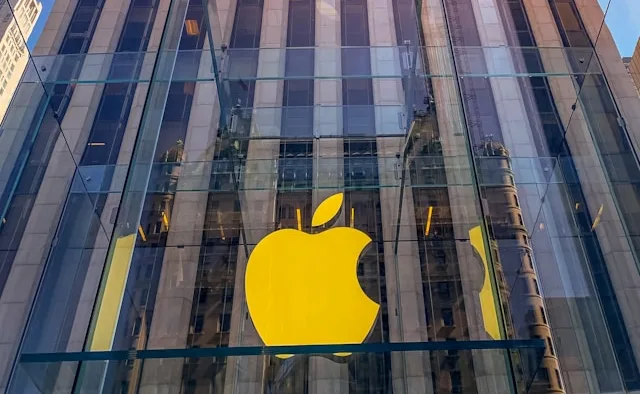Justice Department and state attorneys general allege Apple’s policies harm competition and innovation
In a significant legal challenge, the U.S. Department of Justice, alongside 16 state and district attorneys general, has filed a civil antitrust lawsuit against Apple. The lawsuit accuses the tech giant of employing restrictive iPhone and App Store policies that allegedly violate antitrust laws, specifically citing violations of Section 2 of the Sherman Act. This action marks a pivotal moment in the ongoing scrutiny of Big Tech firms by U.S. regulators, with Apple’s practices around its smartphone and App Store operations at the centre of the controversy.
The Justice Department alleges that Apple’s conduct in managing its App Store and smartphone ecosystem has stifled competition, hindered innovation in app development, and imposed excessive costs on developers, businesses, and consumers alike. The complaint, lodged in the U.S. District Court for the District of New Jersey, points to Apple’s “monopolizing smartphone markets” and criticizes the company for maintaining its dominance not on merit but through anti-competitive practices.
Following the news of the lawsuit, Apple stock experienced a notable drop, declining by 4.1% to close at $171.37. This downturn adds to the array of challenges facing Apple, including declining iPhone sales in key markets like China and emerging legal and regulatory hurdles in Europe concerning its App Store policies.
The antitrust suit aims to “restore competition” within the smartphone market by addressing and rectifying the alleged anticompetitive practices employed by Apple. Specific grievances highlighted in the lawsuit include Apple’s selective imposition of contractual restrictions and the denial of critical access points to developers, primarily concerning the App Store’s operation.
Attorney General Merrick Garland emphasized the broader implications of such monopolistic behaviour, stating, “Monopolies like Apple’s threaten the free and fair markets upon which our economy is based. They stifle innovation; they hurt producers and workers; and they increase costs for consumers.” Assistant Attorney General Jonathan Kanter accused Apple of engaging in a series of “Whac-A-Mole” contractual rules and restrictions to suppress competitive threats, which, he argues, have led to higher prices for consumers, increased fees for developers, and limited the emergence of competitive technologies.
This lawsuit against Apple is part of a broader government crackdown on Big Tech companies, with ongoing cases against other major firms like Alphabet (Google’s parent company), Amazon.com, and Meta Platforms (Facebook’s parent company), for various alleged antitrust violations. As these legal battles unfold, they signal a significant moment in the examination and regulation of Big Tech’s influence on competition, innovation, and consumer welfare.
